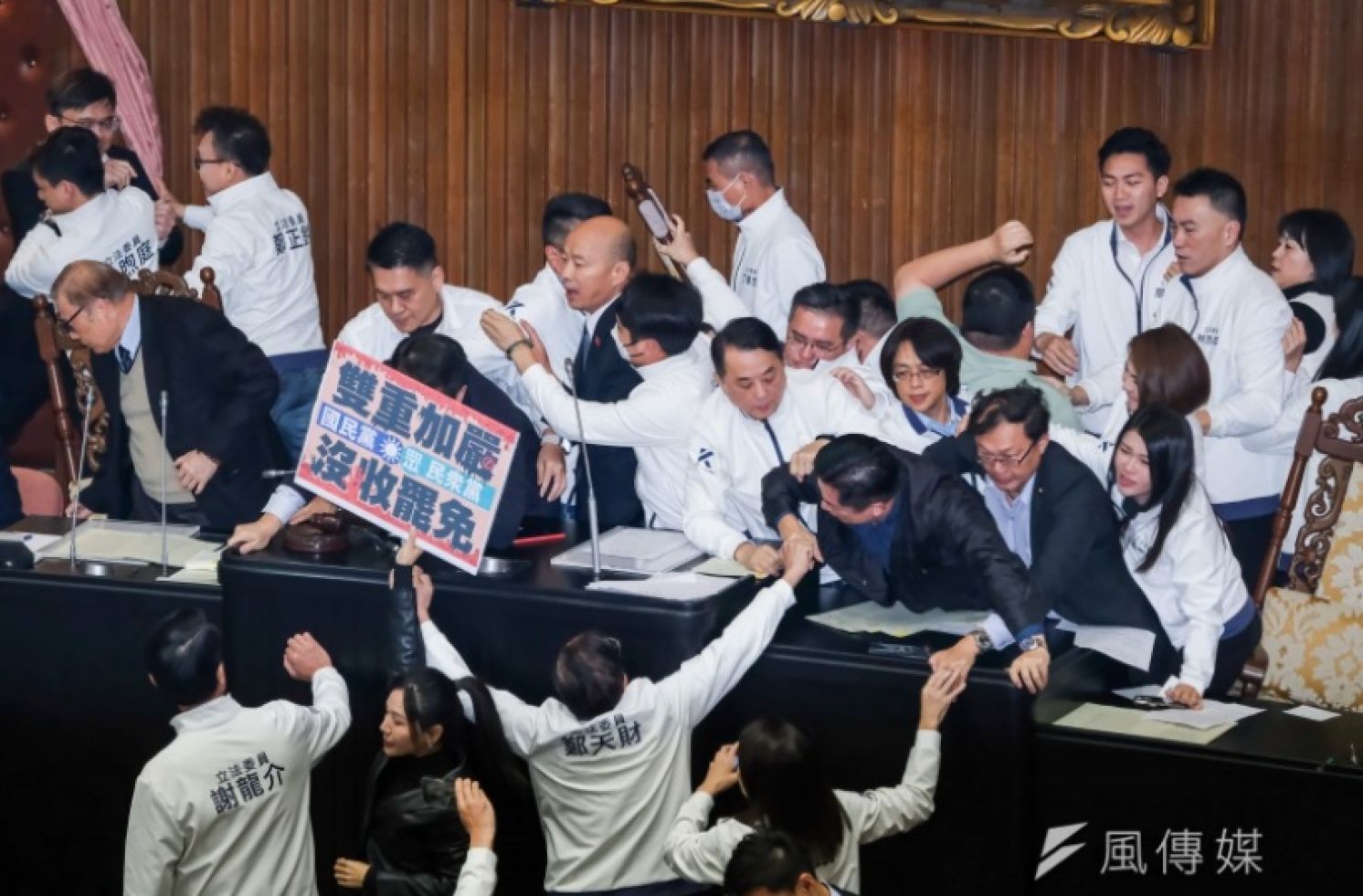
Let Taiwan Recuperate by Respecting Democratic Outcome
China Times Editorial, December 21, 2024
After intense debate, the Legislative Yuan passed the amendments to the Public Officials Election and Recall Act, Constitutional Court Procedure Act, and Act Governing the Allocation of Government Revenues and Expenditures on December 20. President Lai Ching-te strongly criticized the bills, claiming they were passed without sufficient discussion, disregarding public opinion and violating democratic principles.
The revision to the Election and Recall Act requires proposers and signatories of recall petitions to submit a copy of their identification cards. The Ministry of the Interior (MOI) argued this would make recalls more difficult. However, the requirement is reasonable to ensure the legitimacy of petition signatories. Since elections and recalls follow similar procedures, making the recall process more stringent helps prevent excessive political mobilization and potential retaliatory recalls. According to the MOI, overly frequent elections in the past led to a modified schedule of elections held every two years to reduce the burden on society. If recalls become too frequent, then it could problematically result in elections held every year.
The amendment to the Constitutional Court Procedure Act raises the threshold for constitutional court deliberations to require at least 10 justices, with nine needed to declare a law unconstitutional. The ruling Democratic Progressive Party (DPP) strongly criticized this as "constitutional destruction," but the revision aims to ensure the authority and consistency of constitutional interpretation. The Constitution is the highest law in the country, and its interpretation requires careful and legitimate processes.
Given the DPP's previous appointments of a fully pro-DPP Constitutional Court and the ease with which they secured favorable rulings, increasing the threshold is viewed as necessary. The immediate priority is for both the ruling and opposition parties to agree on acceptable nominees, as seven constitutional court positions remain vacant.
The amendment to the Fiscal Allocation Act is a key focus for the DPP administration. The amended law grants local governments more financial resources, which will accelerate infrastructure development. However, this reduces the central government's ability to use fiscal policy to influence elections. Notwithstanding, the law had long been overdue for revision, and the DPP has historically advocated for expanding local fiscal resources, making their opposition now appear contradictory.
President Lai's discontent with the bills’ gaining passage and call for "greater democracy" to solve problems raise questions. Why doesn’t the opposition which holds the legislative majority represent “greater democracy?” Recent polls showing 63.9 percent support stricter recall petition requirements reflects the broader democratic consensus.
President Lai should demonstrate his stature by setting the example of respecting democratic outcomes rather than fueling partisan divisions and rousing young DPP-friendly protesters. The intense deliberation and voting in the Legislative Yuan have worn everyone out, and the people are eager for recuperation. The passage of these bills ought to mark a new start for Taiwan.
From: https://www.chinatimes.com/opinion/20241221003241-262101?chdtv